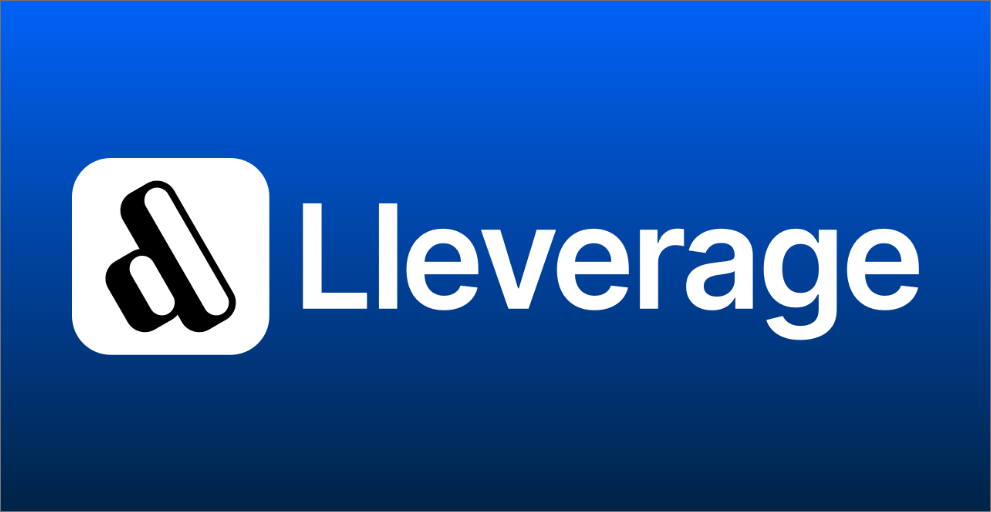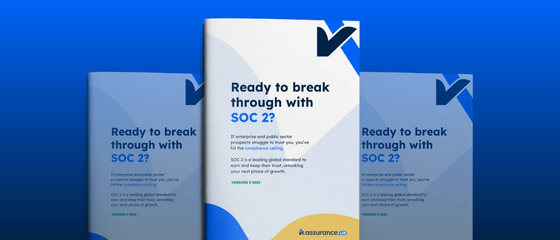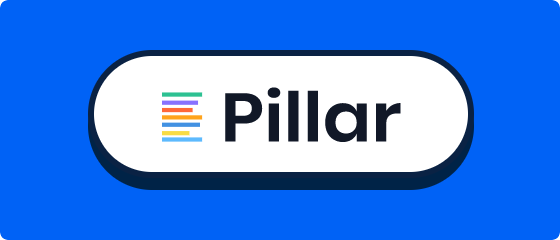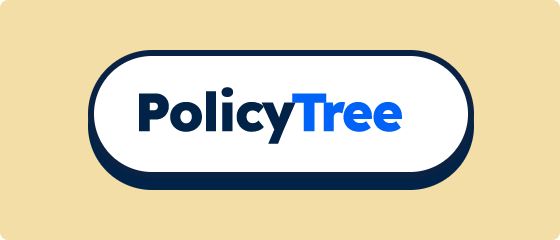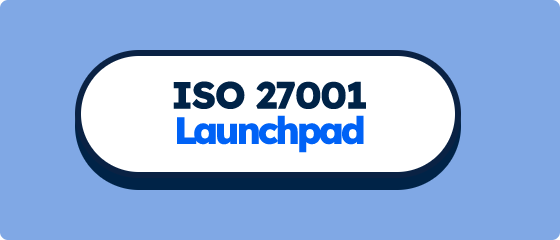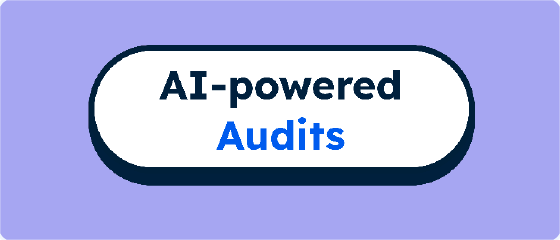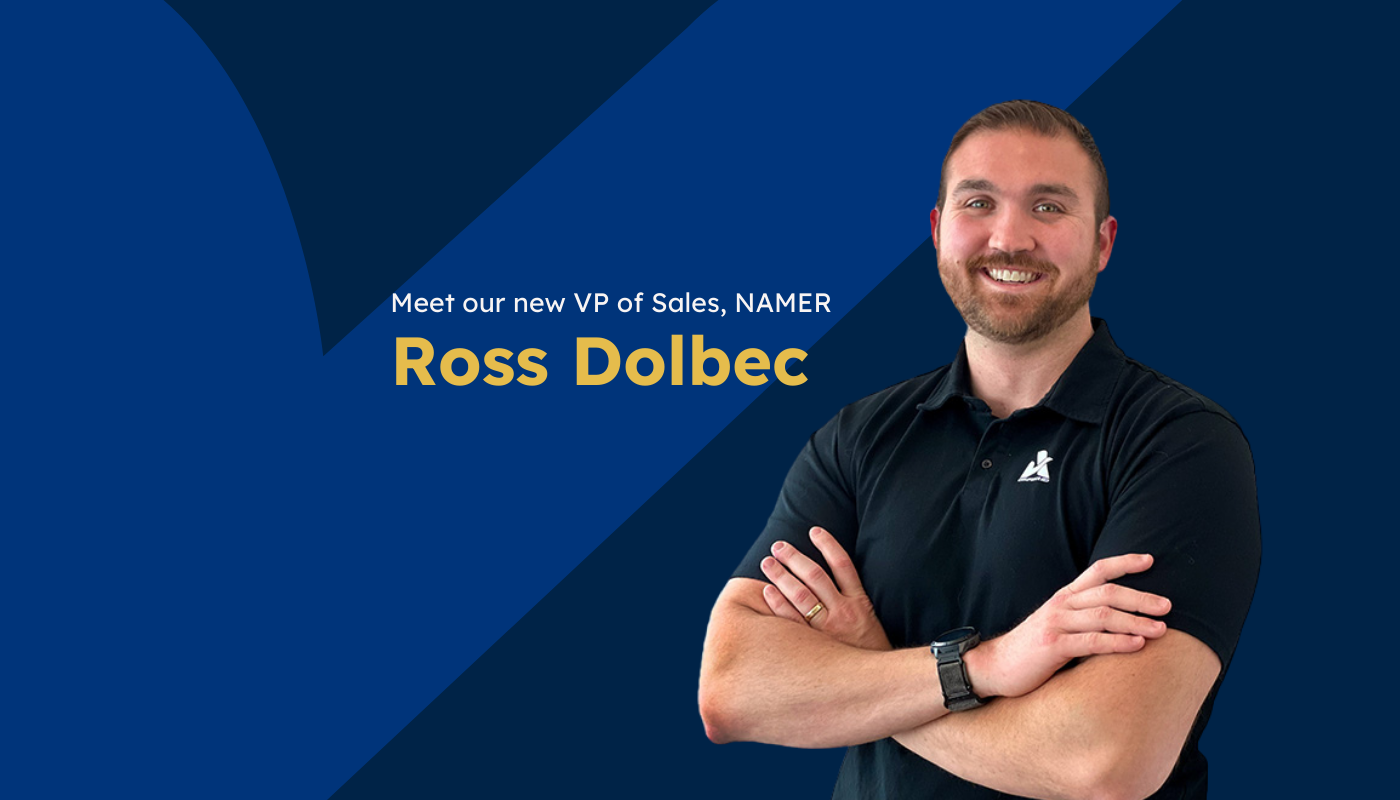
Bridging the Gap Across the Trust Triangle
The trust triangle is formed when businesses look to grow and build trust through compliance. This relationship involves businesses, advisors and auditors who all share the common goal of achieving compliance.
Although they share a common goal, the three parties involved in the audit process often have different methods to get there. This disconnect can lead to challenges within the audit team. In this blog we look at some of the different differences that occur and how to overcome them for enhanced collaboration.
Recap on the trust triangle and the parties involved 
The trust triangle is formed when businesses are looking to grow and build trust through compliance. This relationship involves businesses, advisors and auditors who all share the common goal of achieving compliance and building trust for the business. In our article Navigating the Three-Sided Path to Trust and Compliance, we looked at these relationships and how they work together. In this article, we look at the potential challenges when working with the three different sides of the trust triangle.
The Differing Languages of Trust
Within the trust triangle, each profession - businesses, advisors and auditors — has a distinct language around how they talk about trust. Navigating these differences is the key to a successful audit.
Businesses: The Compliance Box-Ticking
Businesses often seek compliance to win a big client and achieve the next level of growth. The language of compliance for them revolves around meeting requirements with minimal effort, sometimes without understanding the intricacies involved in the different standards.
Advisors: The Risk Language
Advisors, driven by their primary goal of implementing compliance, communicate in the language of risk assessment. Their focus is to bridge the gap between business goals and regulatory demand.
Auditors: The Technical Complexity
Auditors, entrusted with upholding trust and integrity, are responsible for testing the business evidence for compliance with regulatory standards. Their language centres on precision, accuracy, and technical expertise as they navigate intricate compliance assessments.
The Path to Unity: Compliance Metadata
Understanding the different methodologies is critical in ensuring the language disconnect does not affect the audit outcome. Compliance metadata, the representation of what truly matters, is a fantastic way to achieve this. It highlights what matters in the compliance landscape—scope, risks, frameworks, controls, tests, and policies. This metadata offers a universal language that all parties understand, no matter their individual perspectives.
By unifying compliance metadata, businesses, advisors, and auditors can establish a shared understanding of compliance expectations. This common language enables streamlined communication, reduces friction and paves the way for collaborative efforts that drive compliance without sacrificing efficiency or accuracy.
Having compliance metadata as the common thread, allows the parties to achieve their individual responsibilities and achieve the shared outcome of compliance. Advisors can work with the business to implement their controls based on the auditor's findings and reports, and the business can achieve compliance, unlock growth and instil trust.
Conclusion: A New Era of Collaboration
Compliance metadata paves the way for a new era of collaboration. It has the potential to transform the way businesses, advisors and auditors interact, bringing them closer together in a journey that advances trust and compliance simultaneously. Thus achieving the ultimate goal where trust is upheld, compliance is seamless and businesses flourish within a culture of integrity.
Read more in this series below and keep an eye out as we delve deeper into the symbiotic relationship between compliance and trust:
- Unlocking trust through compliance metadata
- The future of trust: how compliance paves the path forward
- The cycle of trust: from public concerns to industry adoption
- Navigating the three-sided path to trust and compliance
- Bridging the gap: unifying compliance language across the trust triangle
- Collaboration vs competition in an ever-changing compliance landscape
- The power of using compliance metadata
- The evolution of compliance frameworks
